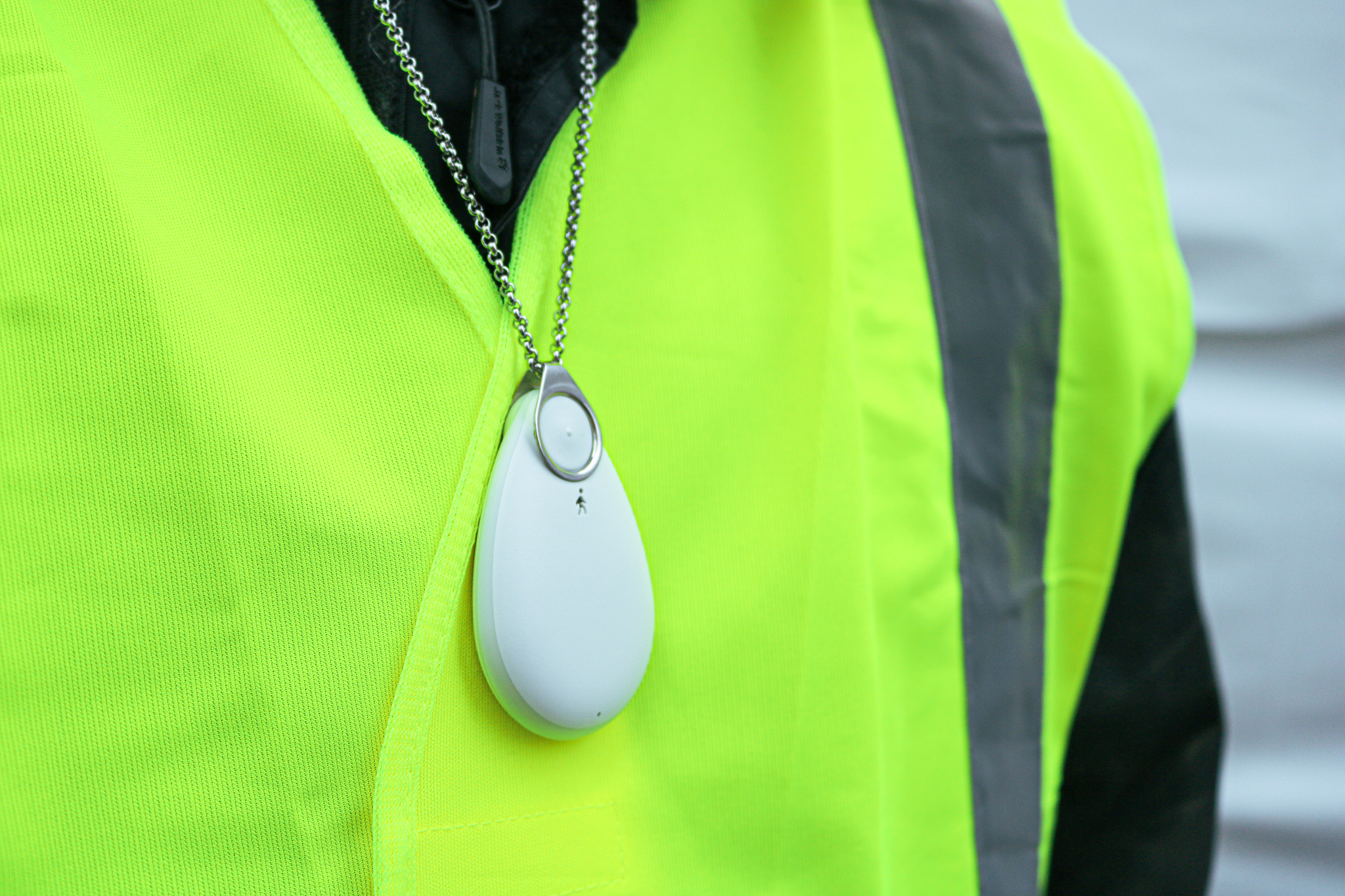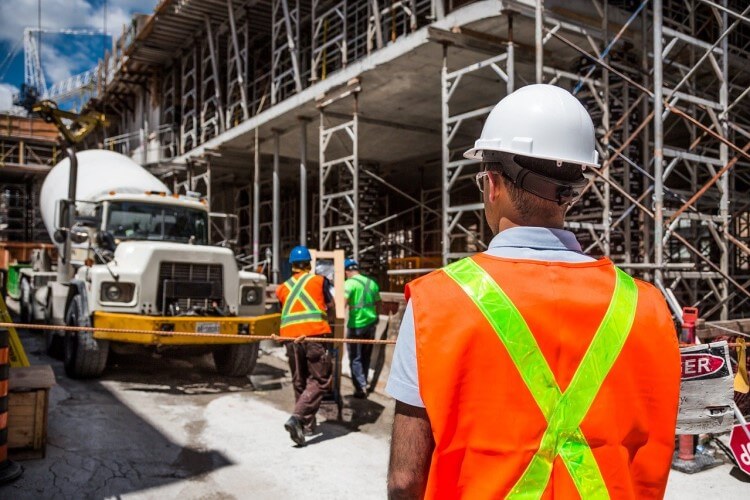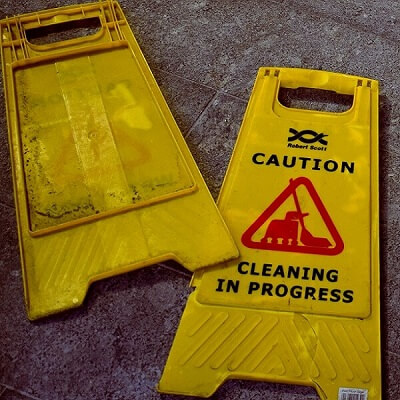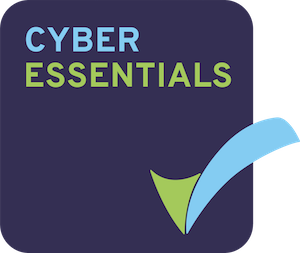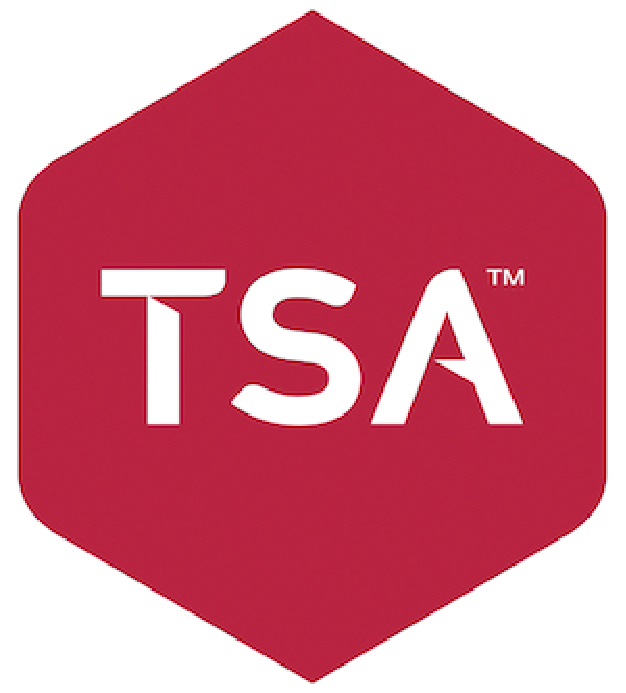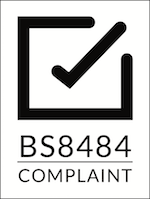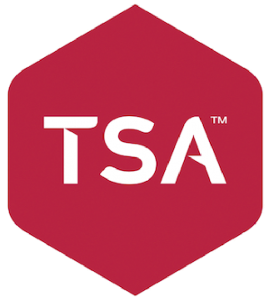Lone workers encompass a large, diverse group of the UK’s working population. In fact, some estimates project that more than 20% of the UK workforce are lone workers. The best way to protect your lone workers is with lone worker alarms. Lone Alarms put both workers and employers at ease, knowing that help will be on the way quickly if anything happens.
Lone Working Policy
Another way to protect your lone workers is to create a lone working policy. Lone workers need their own policies and procedures to ensure they are protected from any specific risks and hazards. A lone working policy is an official document that identifies the risks faced by lone workers. It also sets out the responsibilities of both the employer and employee in ensuring that lone workers can work safely. Make sure to update your lone working policy regularly.
Read More: How to write a lone working policy and why you need one.
Health and Safety at Work
Employers have a duty under the Health and Safety at Work etc Act 1974 to ensure that the health, safety, and welfare of their employees are protected. This includes providing safe systems, a safe place of work, and suitable arrangements for employees’ welfare.
Staff should also be consulted on a regular basis so that issues can be picked up on. Sometimes they may forget to report damaged or unsafe equipment; other times they may think someone has mentioned it already. Checking in with your employees helps to identify areas that need improvement.
Employees are also required to adhere to Health and Safety guidance, which includes obeying workplace policies.
Read More: Health and safety at work.
RIDDOR
RIDDOR is a piece of legislation that requires employers and employees to report accidents and workplace hazards. It is intended to streamline the process, making it easier for accidents and risks to be addressed. The acronym stands for “Reporting of Injuries, Diseases, and Dangerous Occurrences Regulations”.
Employers are legally required to report incidents that meet the RIDDOR criteria. Failure to do so can lead to criminal prosecution.
Read More: RIDDOR.
Risk Assessments
A risk assessment is the process of identifying hazards in a workplace and implementing measures to reduce the likelihood of accidents. It is a legal requirement to complete risk assessments. Businesses that employ five or more staff members must also keep a record of risk assessments.
Performing, recording, and implementing risk assessments are beneficial for the workplace. They encourage a safer working environment and can help to avoid legal issues. Moreover, workers will feel more confident in their tasks.
Read More: What is a risk assessment?
Establish Safe Systems of Work
Regardless of an employee’s role, it is crucial that the systems in place keep them safe. This links back to the Health and Safety at Work etc Act 1974. Safe systems are especially important for your lone workers. Therefore, employers should be conscious of the risks facing lone workers and implement policies that address them.
These safe systems could include employee monitoring or codes for emergencies.
Protect Your Lone Workers with Lone Alarms
Our Lone Alarms help to keep lone workers safe every day. Our Monitoring Centre offers 24-hour support, 365 days a year for all alarm users. A Lone Alarm allows your workers to carry out their jobs with peace of mind. Protect your lone workers with Lone Alarms today.
Get in touch with our team today.
Editor’s Note: This article was updated on 17th January 2024 to reflect current information.

